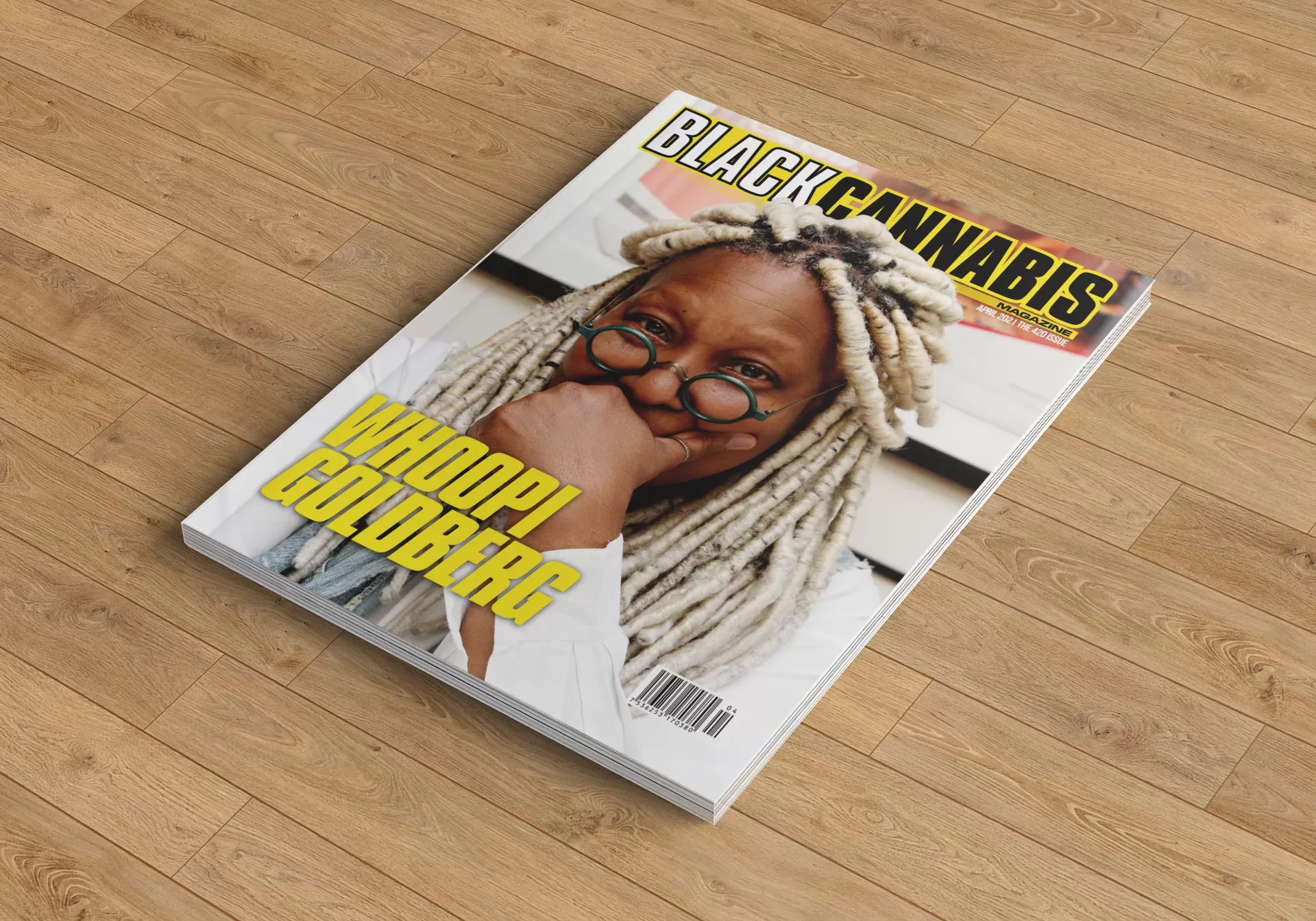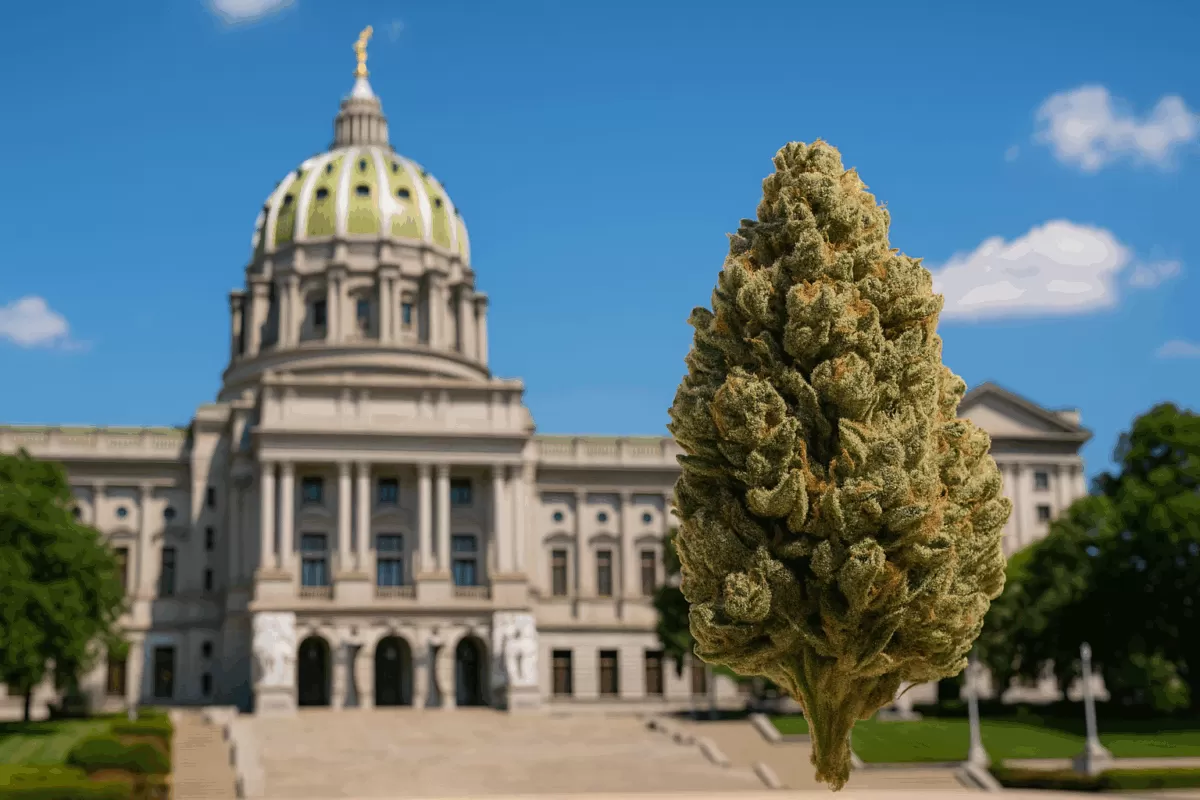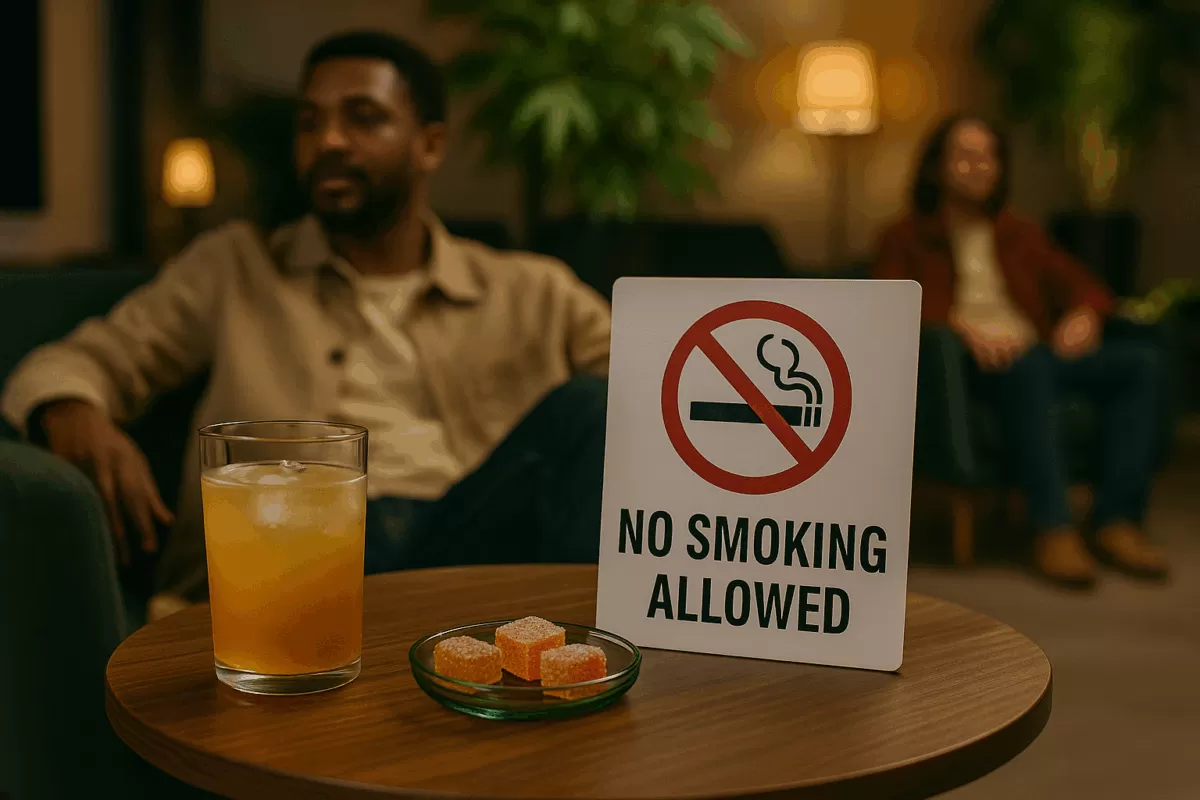Evanston, Illinois, has initiated a historic bill that begins a phase of reparations for its black residents. Similarly, the mayor of Rochester in New York wants to use expected marijuana tax revenue to fund a program that essentially pays reparations.

Mayor Lovely Warren (D) wants to use taxes from legalized cannabis to fund the Universal Basic Income program with an intent to narrow the wealth gap between blacks and whites. Warren sees it as “an opportunity we never had before to bring real resources to bear to uplift our families and improve, not just their financial wellbeing, but their very future.”
The bill that would legalize cannabis in New York is still under negotiation. In anticipation of its passing, Warren sees taxes and other regulatory marijuana revenue as a way to help “the neighborhoods, the communities, that were most affected by the criminalization of marijuana deserve the opportunity to receive and also to be invested in as we start to distribute those dollars.”
The governor, lawmakers, and legislative leaders in New York believe they are close to legitimizing cannabis as an industry and for recreational use. Current plans call for a significant portion of tax dollars from legal marijuana to fund a community reinvestment program.

Evanston Leads the Way
Evanston’s city council launched its commitment to repay its BIPOC communities racial discrimination in housing.

The city’s Alderwoman Robin Rue Simmons is a major advocate of the bill and how it can repair long-term damage to the black community. “We have a large and unfortunate gap in wealth, opportunity, education, even life expectancy,” Alderman Simmons attests. She and her colleagues are in pursuit of “a very radical solution to a problem that we have not been able to solve: reparations.”
Mayor Warren cited the Evanston bill and intentions as an influence in her decision. She also noted a program in Oakland, California, intended to privately fund low-income families of color with a guaranteed $500 a month.
Another influence is the Commission on Racial and Structural Equity. This report studied systemic racial inequities and offered recommendations on ways to repair the resulting damage. The report says Rochester is one of the worst congressional districts “for black and brown people,” Warren said. “The legalization of marijuana gives us a unique opportunity to right some wrongs, and that’s really the definition of reparations—the making of amends for wrongs that have been done by utilizing resources to otherwise help those that have been affected by the government in many cases.”
Clarifying the Game Plan
The mayor does clarify the ideal is to create a universal program. Yet, as currently perceived, the program appears to have a narrow intent aimed at minority communities and reparations. But Mayor Warren said the initiative still needs finalizing so precise details aren’t set.
An exploratory committee has been set up. Brittaney Wells, City Chief of Staff, and Cephas Archie, Chief Equity Officer, will head the committee. The mayor’s office invited members of the Urban League, the city council, the Rochester Area Community Foundation, and the YMCA to counsel the city on its distribution plans.












